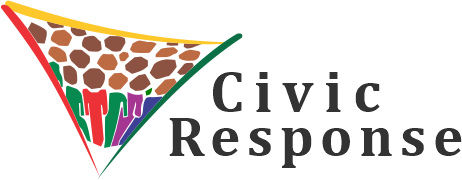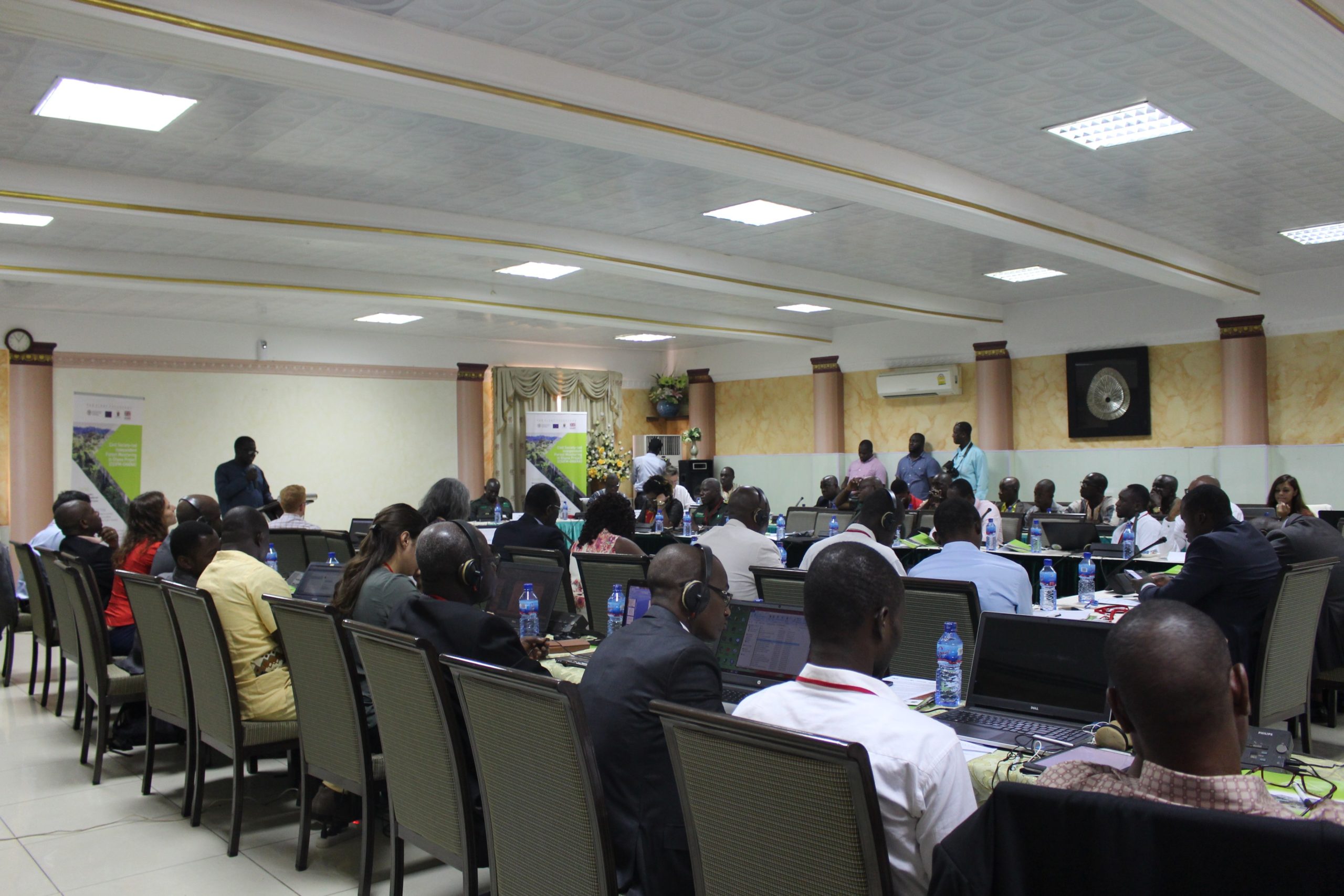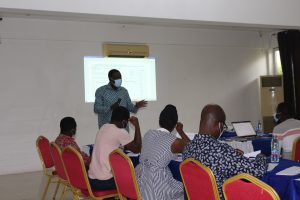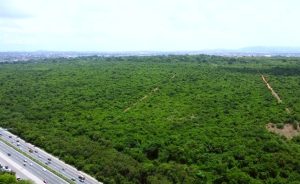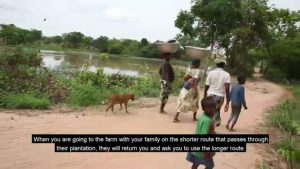An international conference on Independent Forest Monitoring has been held in Accra by Civic Response. The two-day conference, which was attended by participants from government, civil society, the private sector, forest-dependent communities, international organisations, the academic community, the media, and donor organisations from Ghana and beyond, was aimed at exploring the potential for monitoring roles and responsibilities to civil society and communities.
At the opening of the conference last Wednesday (10th May, 2017), Head of Programme at Civic Response, Albert Katako, expressed confidence that the conference would enable Ghana to learn from the experiences of international participants on Independent Forest Monitoring implementation.
Independent Forest Monitoring (IFM) has proven to be an effective tool for assessing and strengthening legal compliance in the forest sector. IFM has worked as a complementing factor to official law enforcement activities with high levels of objectivity, credibility, and wide stakeholder acceptability. It has the potential to improve transparency in the short-term while contributing to the development of sound legislative and regulatory framework for responsible forest management.
Some forms of IFM centre on the establishment of a partnership between an official ‘host institution’ responsible for oversight of the forest sector and an appointed monitoring organisation – mandated or official IFM (this has been the case in Cameroon for some years, and in the Republic of Congo and Democratic Republic of Congo, local NGOs practicing IFM have negotiated a “mandate” with the forest authorities). The monitoring organisation’s principal activity is to conduct field investigations, observe the work of the official law enforcement agency, and to document illegal activities in the forest and related trade. However, with the advent of FLEGT-VPAs, IFM has evolved to include monitoring activities that are undertaken by civil society either through a formal role or informal role. The FLEGT-VPA process provides the vehicle for Ghana to improve upon the existing weak forest governance, which has been identified as one of the major causes of illegal logging in the country.
In his keynote address, Dep. Minister of Lands and Natural Resources, Benito Owusu-Bio, expressed concern that even though Ghana was the first country to sign the VPA, it has still not been able to export FLEGT-licensed timber. He, however, noted that a lot of governance reforms had so far taken place to facilitate the issuance of FLEGT licence in Ghana. He advised that IFM should not be used as a post-FLEGT due diligence tool but rather as a pre-FLEGT due diligence tool to ensure credibility of FLEGT licences.
“We intend for IFM to be used as a tool that provides us with adequate feedback to continually improve forest management practice and the systems,” he said.
Programme Officer of European Union Delegation to Ghana, Christopher Ackon, also noted in a speech, that the issuance of FLEGT licences would not bring to a close the whole work of the VPA implementation.
“It however heralds the beginning of another important phase, the monitoring phase, to ensure that the system is robust enough and is working perfectly,” he said.
The two-day conference was held under the Civil Society-led Independent Forest Monitoring (CSIFM) in Ghana Project, which is being implemented by Civic Response through the FAO FLEGT Programme with funding from European Union, the Swedish International Cooperation Agency and the United Kingdom Department of International Development. The conference was also supported by CIDT-University of Wolverhampton, Resource Extraction Monitoring (REM) and the Forestry Commission of Ghana.
By: Jemima Opare-Henaku|Civic Response
